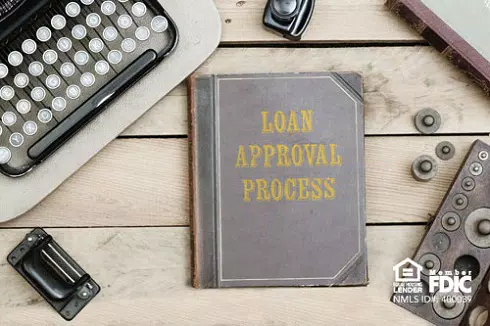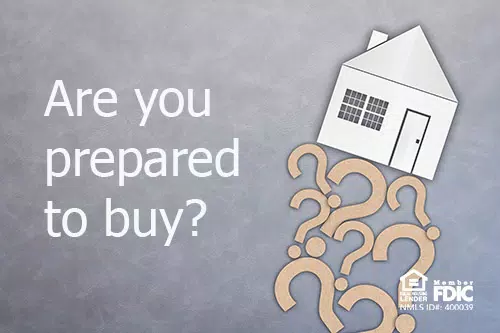It’s easy to feel “ready” for a house, especially if you’ve been renting for a while or are living in a less-than-ideal situation (like at Mom & Dad’s place). But before you take the leap, you should understand the current state of the market as well as other factors associated with buying a house that can save you time, money and headaches. That’s why we’ve put together this series of blogs to help guide you through the home buying process for first-time home buyers. For this first one, let’s go over some of the terms associated with purchasing a house:
Loan types
Adjustable Rate Mortgage (ARM): Not planning to stay in your home for long? ARMs have a lower interest rate compared to other loan types, which is fixed for a set number of years (often three to five). After that, the rate will increase or decrease based on the market.
Conventional Loan: Conventional loans are generally the best choice for well-qualified buyers. Advantages include low down-payments (as little as 3%) and no mortgage insurance (once a loan reaches 80% loan-to-value).
FHA Loan: Is your credit less-than-ideal? FHA loans are backed by the federal government through the Federal Housing Authority and may be the best solution if you’re in need of easier credit standards and lower down-payment requirements. However, there is a greater risk associated with FHA Loans due to the rates generally being higher.
Jumbo Loan: Jumbo loans are used to purchase homes and property that tend to be more expensive than average. This is a good option to consider if you’re buying a home in an area with a higher cost of living like San Francisco, Boston, or New York.
VA Loan: If you are an active duty military member or veteran, have you considered a VA loan ? VA loans generally do not require a down-payment* or private mortgage insurance (PMI), equating to huge savings! The catch? You must meet specific eligibility requirements based on service and lending qualifications in order to be approved. Talk to a NASB loan officer to find out if you qualify.
Process terms
Pre-qualification: You supply a lender with information about your financial situation and they give you an idea of what you may qualify for.
Pre-approval: A more comprehensive process that involves completing a mortgage application and supplying the documentation necessary to complete a financial background check. Many sellers will only accept offers from buyers who have been pre-approved, so don’t skip this step!
Private Mortgage Insurance (PMI): Don’t have 20% to put down? Don’t worry. You can still purchase a home, but on conventional loans you’ll have to pay PMI until you reach 20% equity. PMI costs often make up a significant portion of the costs of a mortgage, so keep this in mind when looking at homes.
*VA requires a down payment if the borrower does not have sufficient entitlement, for Graduated Loan Payment loans or one where the loan amount exceeds the property value.




